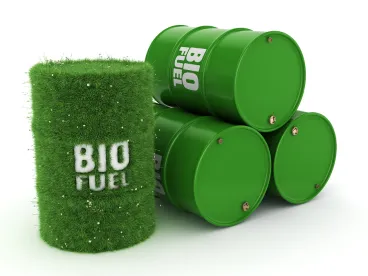On July 14, 2017, the Royal Academy of Engineering (Academy) published a report on the sustainability pros and cons of biofuels, which was commissioned by the Department of Transport and the Department for Business, Energy and Industrial Strategy. The report aims to provide advice on the future strategy for the development of biofuels in the United Kingdom (UK). In its statement announcing the report, the Academy stated that biofuels, particularly second generation biofuels from waste and byproducts, have a role to play in meeting the UK commitment to climate change mitigation. While such biofuels have the potential to be sustainable and make a real impact, the Academy warned that action is needed to manage risks, improve traceability, and avoid fraudulent practice.
The report calls on government to incentivize the development of second generation biofuels in the UK, specifically those derived from wastes and agricultural, forest, and sawmill residues, and to incentivize the use of marginal land, such as land unsuitable for food production or housing, for the production of biofuels. The Academy also recommended that the government properly regulate the biofuels sector with clear and consistent categorization of wastes and residues to help avoid unintended market distortions within the UK and internationally, and that other sustainability issues, such as competitiveness of biofuels with fossil fuels; food, energy and water security; employment provision; rural development; and human health impacts, be evaluated.


 />i
/>i

